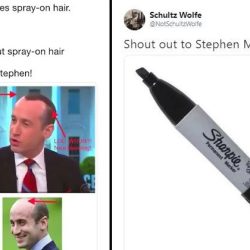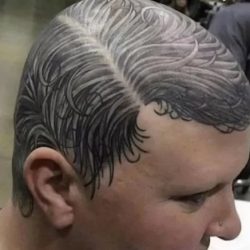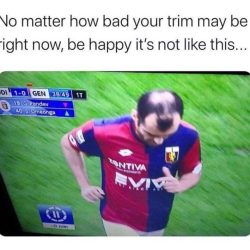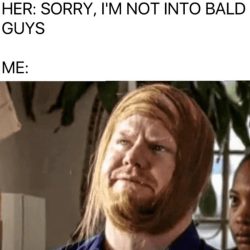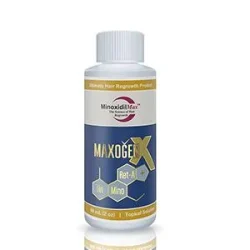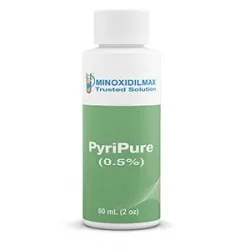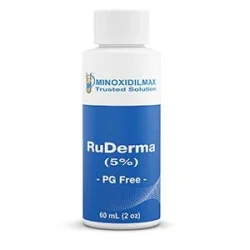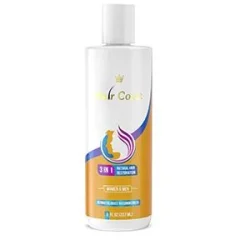Understanding Hair Loss Treatments and Solutions
Confronted with the distressing issue of hair loss, individuals are often on the lookout for effective solutions to restore their hair and confidence. This quest unveils a wide range of treatment options, which can be broadly categorized into FDA-approved treatments, non-FDA approved treatments, and natural hair loss remedies. Understanding the nuances and implications of these distinct categories is essential in making informed choices on the hair restoration journey.
FDA-approved treatments are those that have been rigorously evaluated and approved by the United States Food and Drug Administration (FDA). These treatments, including medications, topical solutions, and medical devices, are backed by scientific research and clinical trials, ensuring their efficacy and safety.
On the other hand, non-FDA approved treatments for hair loss include a variety of experimental treatment options that are still being clinically evaluated. These typically lack the extensive scientific validation and regulatory endorsement that FDA-approved methods provide.
A more holistic and natural approach to treat hair loss can be explored using natural remedies. These encompass methods such as using onion juice, green tea, scalp massages, essential oils, and herbal supplements, which have gained popularity for their holistic approach. While these natural treatments offer a more organic and often gentler alternative, they often lack the clinical trials to support these treatments.
This exploration will delve into the world of FDA-approved, non-FDA approved and natural hair loss options, examining their respective benefits, risks, and considerations, offering valuable insights for those navigating the complex landscape of hair restoration.
Conclusion
In the realm of hair loss cures, there exists a diverse landscape of options, ranging from FDA-approved, non-FDA-approved, and natural interventions. Each category has its merits and considerations, and the choice between them depends on individual preferences, needs, and circumstances.
Ultimately, the decision between FDA-approved, non-FDA-approved and natural remedies is a personal one. Individuals must weigh the available evidence, consider their specific type and severity of hair loss, and consult with healthcare professionals for guidance. By doing so, individuals can make informed choices that align with their unique goals and preferences, moving closer to the solution that best fits their needs in the quest to address hair loss and regain confidence.



























